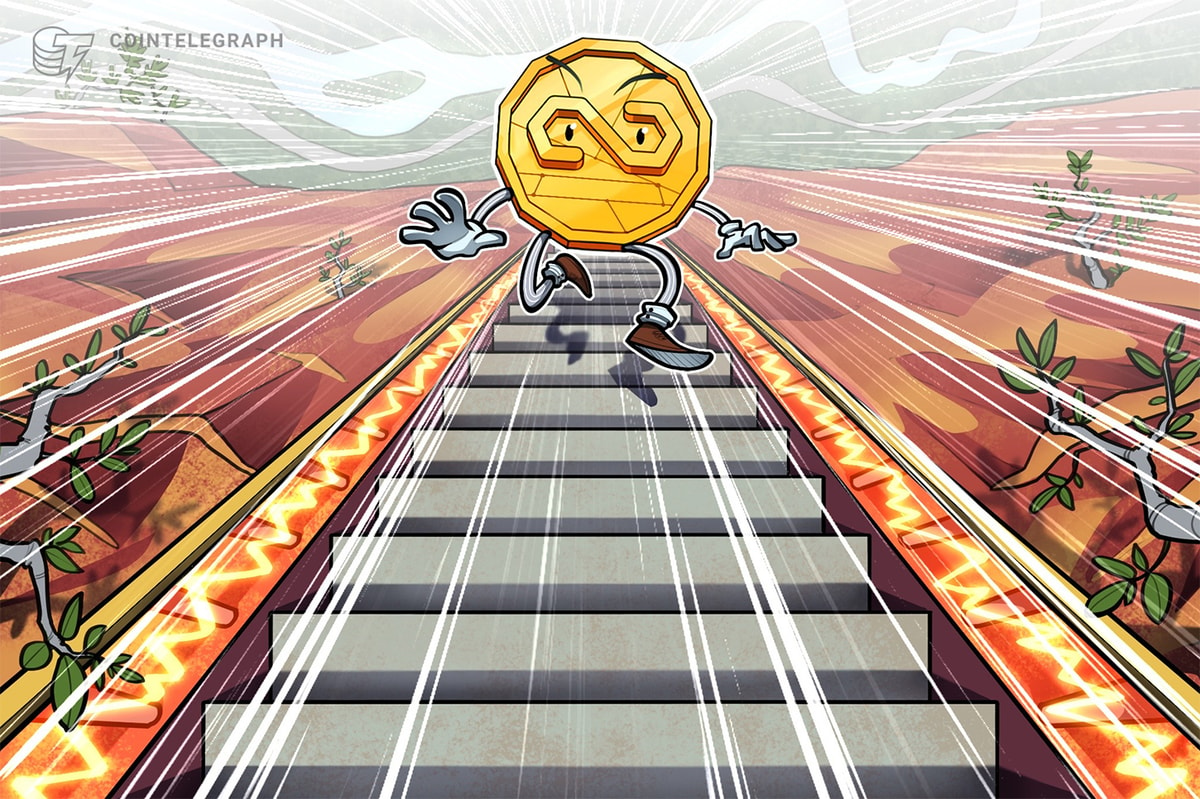
Every few months the Bitcoin media sees it fit to repeat a similar meme: somewhere, in some distant third world land, are some millions of citizens oppressed by rapid inflation or outright theft from a corrupt government, and Bitcoin, being a superior unit of value whose value goes up, not down, can, or in the more optimistic cases already is, swooping in and saving the day. In March, Cyprus was supposed to have a fully-fledged Bitcoin ATM allowing Cypriots to trade their euros for the internet’s new global currency. In June, it was Argentina, where the government is instituting strict capital controls and the value of the peso has shrunk by over 30 in the past six months. And, most recently of all, we had Iran – a country whose citizens were supposed to have all already flocked to Bitcoin in 2012. The problem is this: the story that Bitcoin can protect the assets of the downtrodden is nice to tell when the bitcoin is going up in value, and indeed in March those Cypriots who had bought even a small quantity of BTC in the preceding year saw enough profits in the aftermath of the “bail-in” to make up for double or triple what was taken from their bank accounts. Now, however, for the past two months Bitcoin has been on a largely downward trend, and especially in the aftermath of the sudden 80 crash in April claims that Bitcoin alone can somehow protect these people from the evils of the Argentinian regime or the wrath of the European Central Bank seem silly, if not outright dishonest.
However, detractors of such claims are equally wrong in their pronouncements. Bitcoin certainly can help people anywhere around the world, from Iran to Argentina and even China and Africa, protect their hard-earned wealth, and earn more wealth to lift themselves and their families out of poverty, and its potential effect in this regard may be almost as significant as that of the internet itself. However, third world residents will not be saving by purchasing units of BTC. Bitcoin’s main advantage in constraining third-world regimes is not in the “hard-money” nature of the currency with its 21-million unit limit – if nothing else, governments can circumvent this simply by hiring mathematicians to create new, and technically superior, cryptocurrencies with more currency units or even infinite supply schedules; rather, Bitcoin’s advantage is, like the internet itself, in its unstoppable internationality.
Consider the deliberately generic story of Jose, an Argentinian interested in saving up funds so that his daughter can go to university in Europe or the United States. Jose might have an annual income of $10,000 USD (equal to the country’s GDP per capita), expenses of $6,000 USD, and so have $4,000 per year to save. What options do you, as Jose, have to save the money? First of all, you can keep it as cash, and see half your money disappear roughly every eight months. Another option might be the stock market, but that has been highly unstable over the past four years, and the Argentinian government may well simply decide that it wants a piece of Jose’s money. Investing in foreign stock markets instead is essentially impossible due to capital controls. Finally, there is the option of buying US dollars on the black market – but, as the term “black market” so obviously implies, that is highly inconvenient and risky, and the physical US dollars themselves are vulnerable to theft.
Enter Bitcoin. Suppose Jose wants to take the third option, and secretly move his wealth into US dollars. With Bitcoin, Jose can purchase bitcoins, perhaps through some kind of Satoshi Square meetup or with a private dealer, and immediately create an account on a Bitcoin exchange like Bitstamp. BitStamp so far has seen no signs of trouble with the law, so Jose’s dollars with them may well be safer than they are under his mattress. If Jose distrusts the US Federal Reserve and the ECB as well, he can open a Ripple account and store his money with BitStamp as Swiss francs. Also, Jose’s investment options increase, allowing him to reduce the volatility risk from stock markets by diversifying. By going on BitFunder, he can now invest in Bitcoin mining companies, a Bitcoin T-shift site and even personal loans to a few reputable community members at 0.05 daily interest (denominated in Bitcoin; the resulting volatility can be countered by shorting on Bitfinex). If TorBroker‘s operators manage to find a jurisdiction in which their service is safely legal and they reveal their identities to gain public trust, Jose would also have access to a way to invest in the US stock markets as well. For the average person in first world countries, most of these investments have too much counterparty risk (a technical term for the risk that the people accepting the investment will decline to pay back or disappear) to be worth it; for Jose in Argentina, they are a somewhat more attractive proposition.
Also, Jose has another option with BTC that Argentinian capital controls may prevent him from doing any other way: sell his services to clients around the world. If Jose is selling physical products, this may be difficult, but if he is a writer, artist, musician or programmer, he has access to a worldwide clientele whose ability to pay for his services is not constrained by his own oppressive government beating down on them as well. Even if Jose only speaks Spanish, the South American world is much larger than Argentina; and if he speaks English, then he may be able to start earning a much higher salary, and if he finds a long-distance job he eventually even have a path to immigration to more developed countries as an “intra-company transferree”.
Certainly, the bitcoin as a unit of value is useful as part of a diversified “black swan” portfolio, as its value may increase massively if a major part of the mainstream economy unexpectedly (or, to some, very much expectedly) goes down. However, for those simply seeking to keep what they have, the bitcoin itself is currently a very poor option – even more so than many fiat currencies. Fortuantely, the bitcoin also has another value: as a gateway to other fiat currencies, bypassing any capital control regime that does not involve shutting down the internet outright. In Iran, the story is similar; inflation is a very serious problem, and international diversification is the cure, but Bitcoin’s value is, similarly, in its ability to be used to evade capital controls and invest in more stable assets and currencies abroad. In China, and Africa, the main problem is different: very many people have no access to a formal banking system, so the advantage that Bitcoin provides is not just evading the restrictions of local governments, but also simply giving people access to any way of owning stable assets or investing at all. Many people in such countries only have access to a feature phone, not a computer or smartphone, but if Bitcoin gets any popularity in these regions for these purposes feature phone interfaces for Ripple and BitFunder will quickly be created as well. As long as there is even one country in the world where people are reasonably free, Bitcoin businesses can based themselves there, and everyone in the world can be, at least financially, free – just what “the internet of money” is supposed to do.










